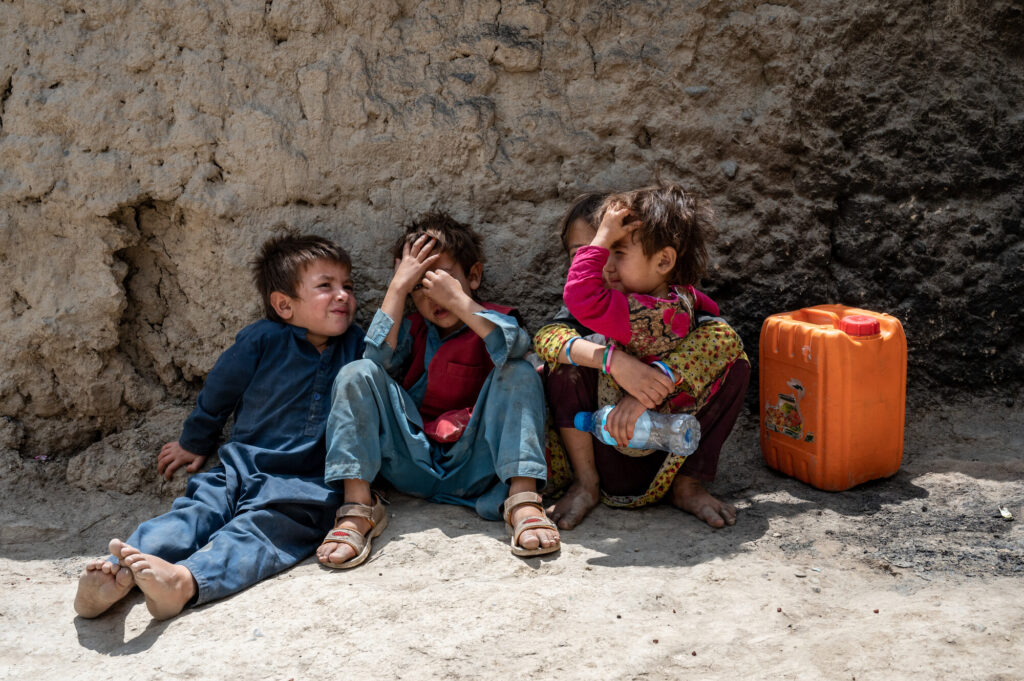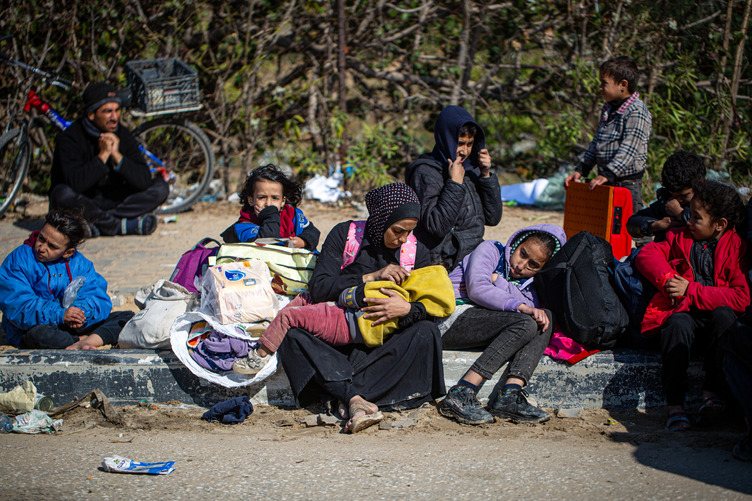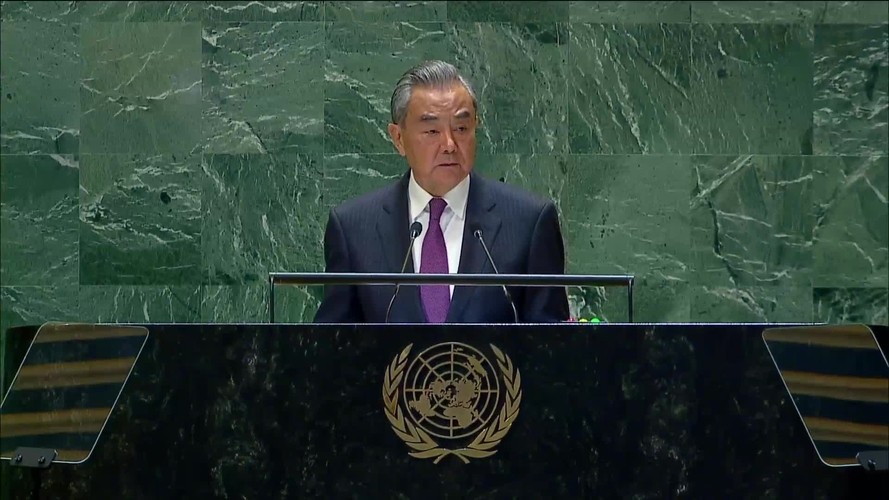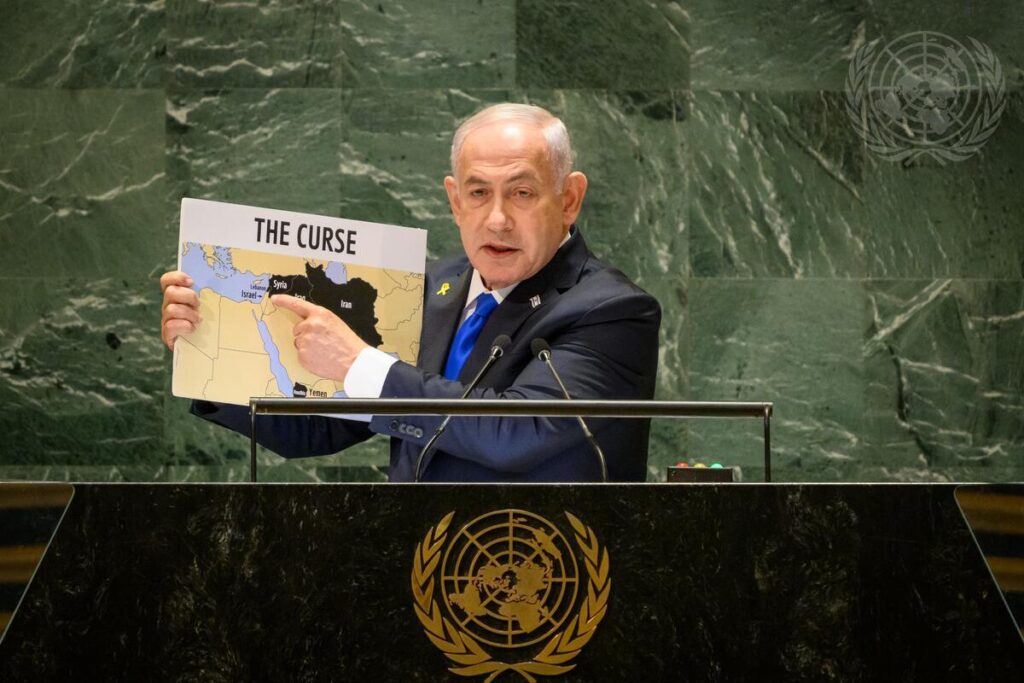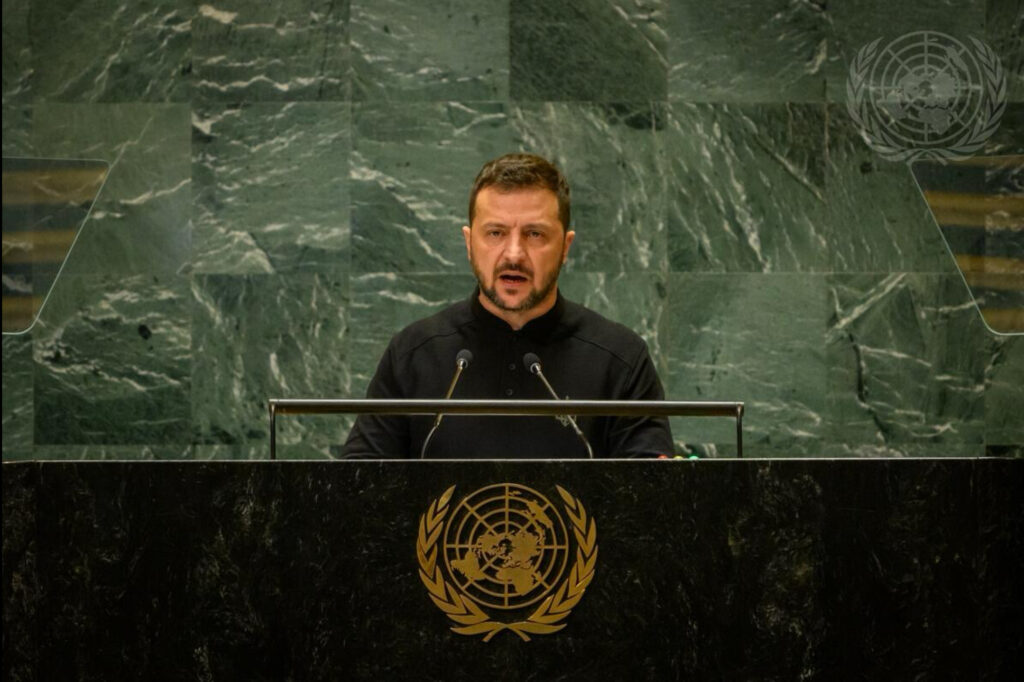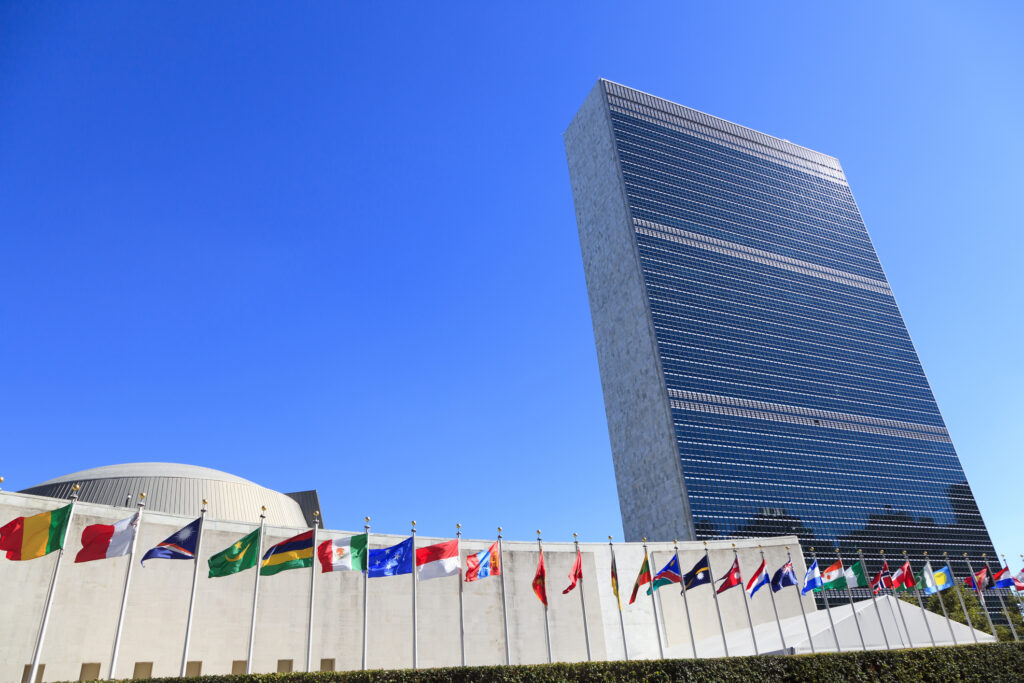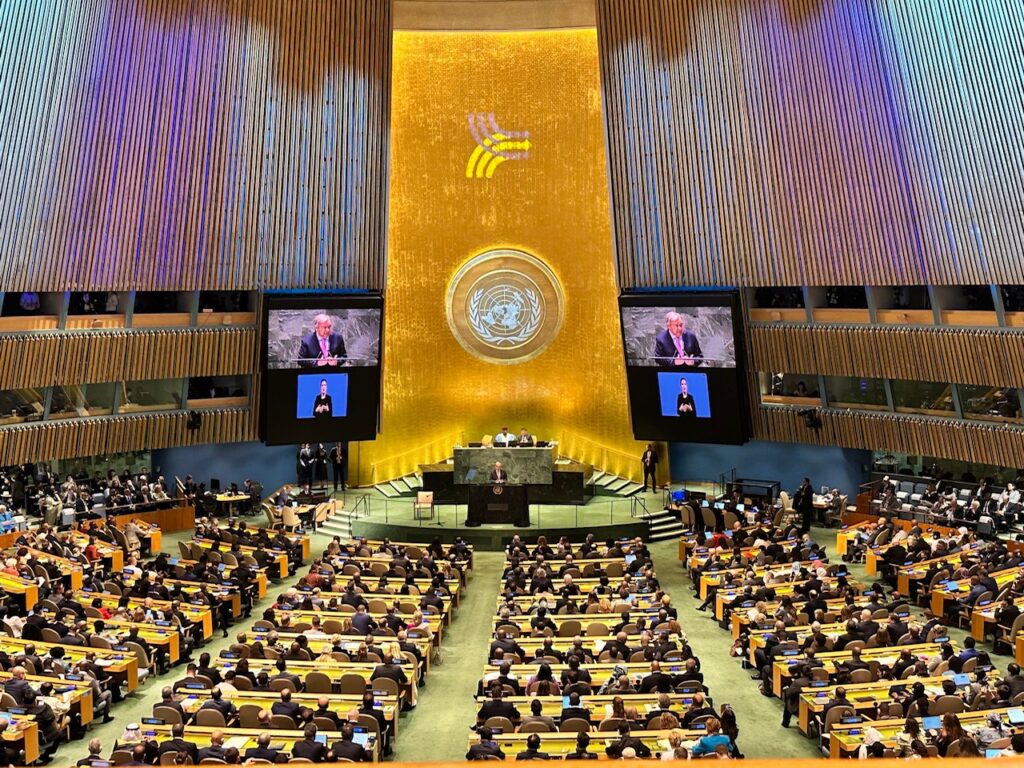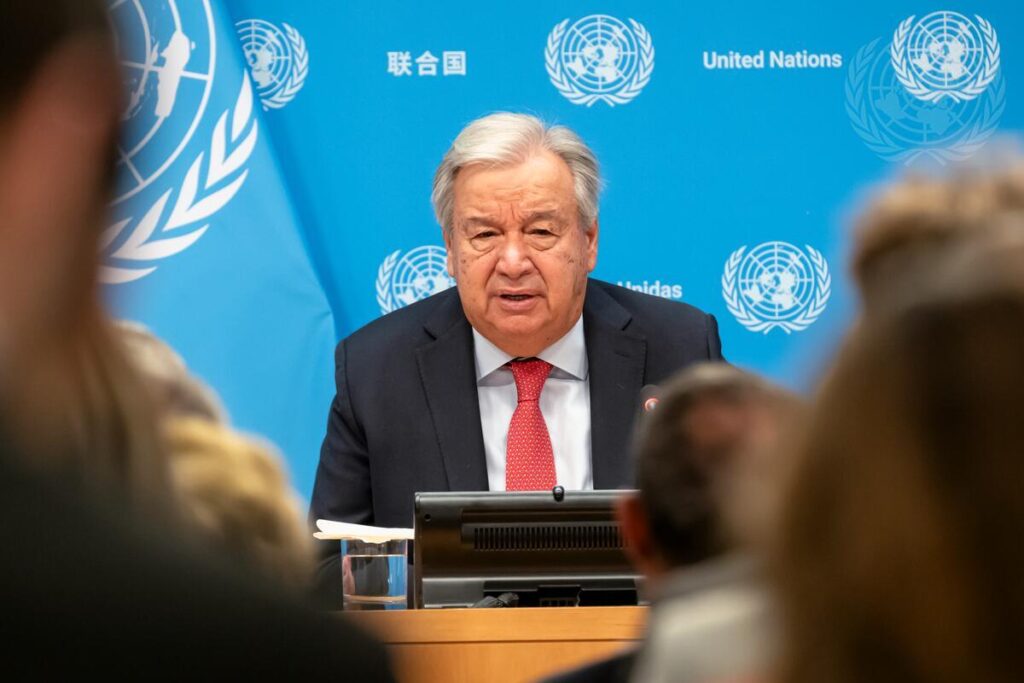Violence against children worldwide has reached unprecedented levels: UN
New York, October 11, 2024 – Up to one billion children are vulnerable to various forms of abuses – from armed conflicts and forced displacement to poverty – while measures to protect them have remained inadequate due to the current global crises, said a UN report on the violence against children.
“Millions and millions of children are left behind,” the report said. “The world is facing an unprecedented child rights crisis. Violence against children in all its forms and in all settings continues to increase worldwide.”
The report said wars, climate change and environmental degradation, food insecurity, poverty and social disparities have reached such levels that “we are witnessing an unprecedented level of displacement of children. Protecting the rights of children on the move in times of crisis is needed more than ever.”
The UN set up 15 years ago the mandate of a special representative of the UN Secretary-General to revamp and revitalize efforts to end violence against all children. The goal of providing education to all children and ending poverty for all is part of the 17 Sustainable Development Goals that should reach their targets by 2030. But recent assessments on SDG achievements showed that they are falling far behind their deadline.
Najat Maalla M’Jid, the special representative the UN Secretary-General on violence against children, said in the report that six years remain to honor the promise made to end all forms of violence against children.
“The question to be asked is therefore: is it a vain promise or is it still achievable? “, she said. “We owe it to all children to keep the promise. It is possible if we move from reiterating commitments and pledges to concrete, integrated and sustainable actions for and with children, leaving no one behind.”
The report said an estimated 1 in 6 children globally live in extreme poverty, which is a “powerful driver of violence,” including child labor, child marriage, child trafficking, children living in street situations, child sexual exploitation and the recruitment of children into criminal, armed and violent extremist groups.
It cited an estimate by the UN Children’s Fund (UNICEF) that 1 billion children are at extremely high risk of being affected by the climate crisis and around 1.5 billion children under the age of 15 have no access to social protection, and progress on coverage has stalled worldwide since 2016.
The report said that children are on the move all over the world “on an unprecedented scale,” citing the World Migration Report 2022 published by the International Organization on Migration, which estimated the number of international migrants at 281 million,14.6 percent of whom were children.
It said the UN High Commissioner for Refugees estimated that 110 million people had been forcibly displaced around the world, of whom 43.3 million were children, in June 2023. The report said conflicts and violence remain key factors for the displacement more than 25 million children at the end of 2022. UNHCR said also that forced displacement in the first half of 2023 were the results of conflicts in Ukraine, the Sudan, the Democratic Republic of the Congo and Myanmar. Other displacements resulted from a combination of drought, floods and insecurity in Somalia; and a prolonged humanitarian crisis in Afghanistan.
While the report of the special representative is being published, UNICEF, whose staff like many other UN personnel, are currently providing humanitarian aid to Palestinians in Gaza, said the year-old war “is taking a catastrophic toll on children.”
UNICEF said more than 14,000 children have reportedly been killed, according to the latest estimate by the Palestinian Ministry of Health while thousands more have been injured. “There are no safe spaces. All of Gaza’s children have been exposed to the traumatic experiences of war, the consequences of which will last a lifetime,” it said.
UNICEF said about 1.9 million people, out of the total population of 2.3 million, are internally displaced with half of them children. Those displaced do not have enough access to water, food, fuel and medicine and their homes were destroyed and families torn apart. “Many children have been displaced multiple times, and have lost homes, parents and loved ones. They need to be protected, along with the remaining services that they rely on, including medical facilities and shelter,” UNICEF said.
“Gaza’s children have endured unimaginable horrors – they deserve an immediate ceasefire and a chance for a peaceful future,” UNICEF said. The UN agency called for an immediate and long-lasting humanitarian ceasefire for the sake of children in Israel as well as the State of Palestine. (By J. Tuyet Nguyen)
United Nations journalists – United Nations journalists – United Nations journalists
United Nations News – United Nations News – UN Correspondents Association – UNCA Awards
Violence against children worldwide has reached unprecedented levels: UN Read More »

